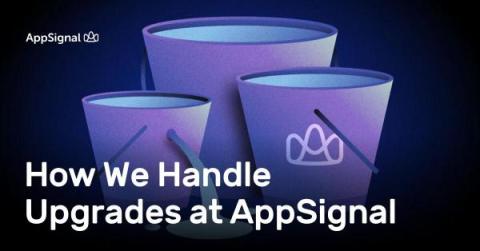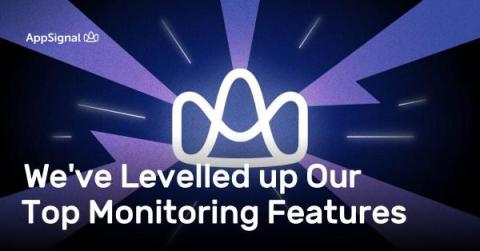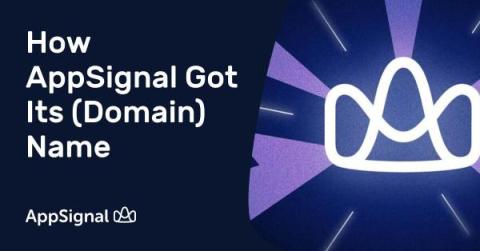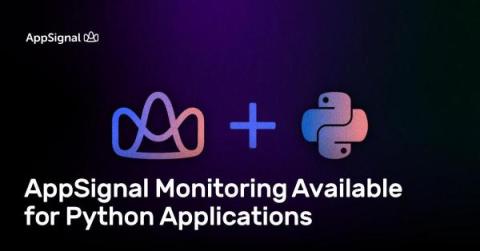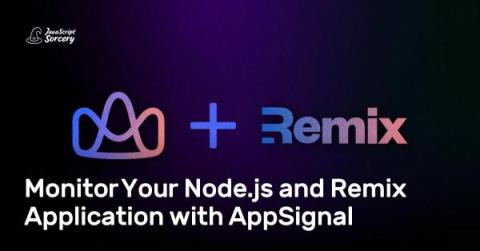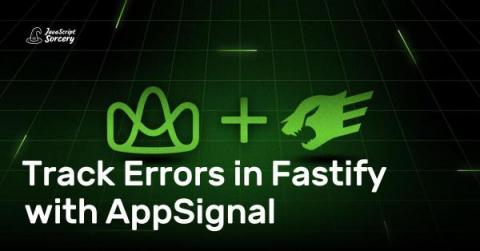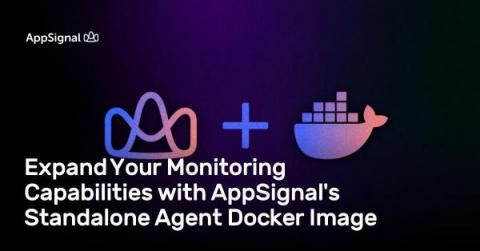How We Handle Upgrades at AppSignal
At AppSignal, our pricing revolves around the number of requests we process for a customer and the number of buckets of logging data we store. After their free trial, customers are offered the most fitting plan for them based on their usage in the previous 30 days. About nine years ago, we noticed that many customers were slowly growing their number of requests, but we kept charging them for the plan they started on.


